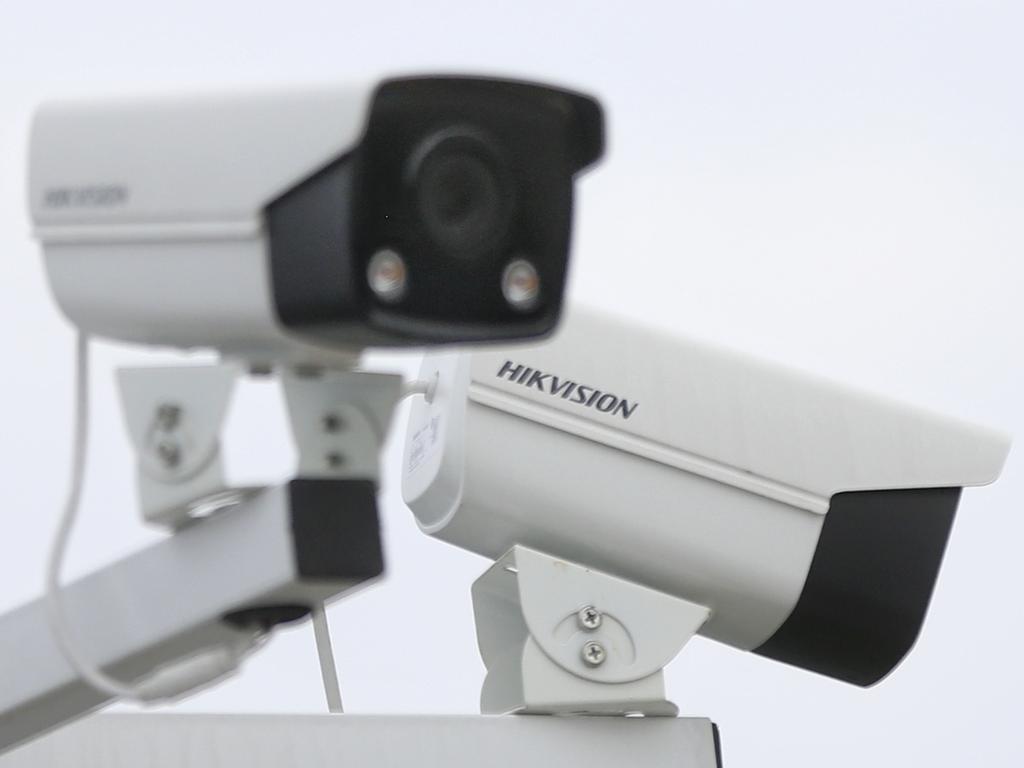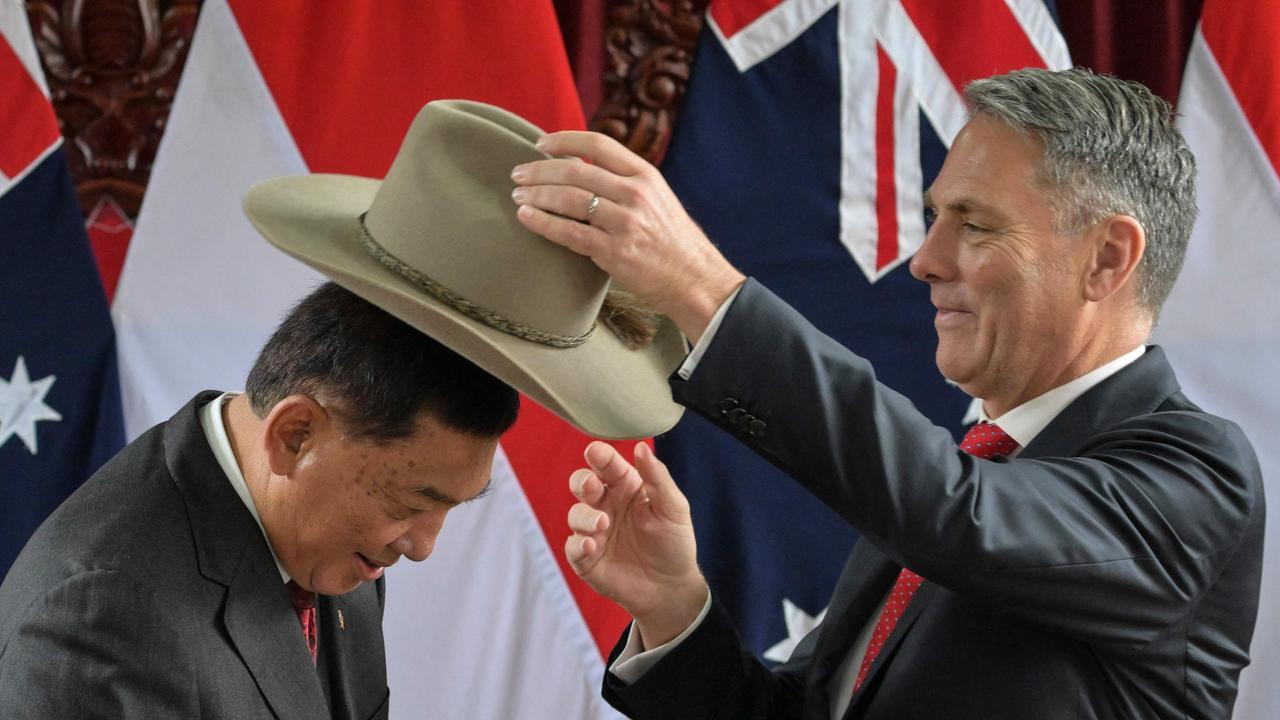Five Eyes leaders meet for the first time to combat Beijing’s technology theft
China’s theft of technology from the West has become so relentless and frequent that the chiefs of the Five Eyes security partnership have launched a crackdown to stop it.

China’s theft of technology from Western nations and private businesses has become so relentless and frequent – every 12 hours in the US – that the chiefs of the Five Eyes security partnership, which includes Australia, have launched a crackdown to stop it.
For the first time, the heads of the intelligence services of Britain, New Zealand, Australia, the US and Canada were to meet in person, at Stanford, California, on Tuesday (Wednesday AEDT) in an attempt to thwart what ASIO’s director-general, Mike Burgess, called “the most sustained, sophisticated, and scaled theft of intellectual property and expertise in human history”.
“We recognise nations will spy, we recognise nations will seek strategic advantage, but what we’re talking about here is behaviour that goes beyond traditional espionage,” he said the evening before the conference was to begin.
FBI director Christopher Wray, who convened the meeting, said reports of Chinese Communist Party theft of Western industrial secrets, referring to AI, robotics, biotech and quantum computing, had increased 1300 per cent over the past “several years”.
“China has made economic espionage, stealing others’ work and ideas, a central component of its national strategy; that espionage is at the expense of innovators in all five of our countries,” he said.
“There is a single common thread in just about every conversation about protecting innovation across really the entire world and advanced economies, and that is the Chinese government: not the Chinese people, and certainly not Chinese Americans, but the Chinese Communist Party.”
The two intelligence chiefs recounted examples of how promising new businesses in the US and Australia had been harmed by theft of their technology, often facilitated by “naive” executives who didn’t understand the threat the Chinese government posed.
Former secretary of state in the Bush administration Condoleezza Rice, who was appointed director of the Hoover Institution at Stanford University in 2020, was scheduled to lead the landmark discussion on Tuesday (Wednesday AEDT), which will formally be called the Emerging Technology and Securing Innovation Security Summit.
“The intelligence leaders will sit down with private sector leaders for in-depth discussions about expanding and strengthening private-public partnerships to better protect innovation and the collective security of the five nations and their citizens,” the FBI said in a statement.
Mr Wray, who said the FBI had been launching new investigations into Chinese industrial theft “every 12 hours”, said the intelligence organisations would “share information with the business community” and “raise awareness and resilience”.
“The scale of the threat from China is so unprecedented that not only is no sales solution enough, no single country can be enough to try to adequately safeguard against the theft,” Mr Wray added.
“It is unprecedented that all five of us are appearing publicly together, and I think that tells you what you need to know about how unprecedented the threat itself is.”
The FBI recently estimated the industrial theft “cost to the US economy of counterfeit goods, pirated software, and theft of trade secrets was” somewhere between $US225bn and $US600bn.
“If you look at China’s five-year plans, for example, and then you look at a lot of the cases that we’ve brought, there’s an eerie correlation,” Mr Wray said.
In a three-page letter seen by The Australian, China’s ambassador to New Zealand, Wang Xiaolong, in February claimed the US was the “absolute No. 1 country in terms of spying and surveillance”, calling out a “massive, non-discriminate wire-tapping and secret theft operations globally, including against its allies”.
The Five Eyes was formed in 1946 by nations allied during the World War II who undertook to share intelligence and security.






To join the conversation, please log in. Don't have an account? Register
Join the conversation, you are commenting as Logout